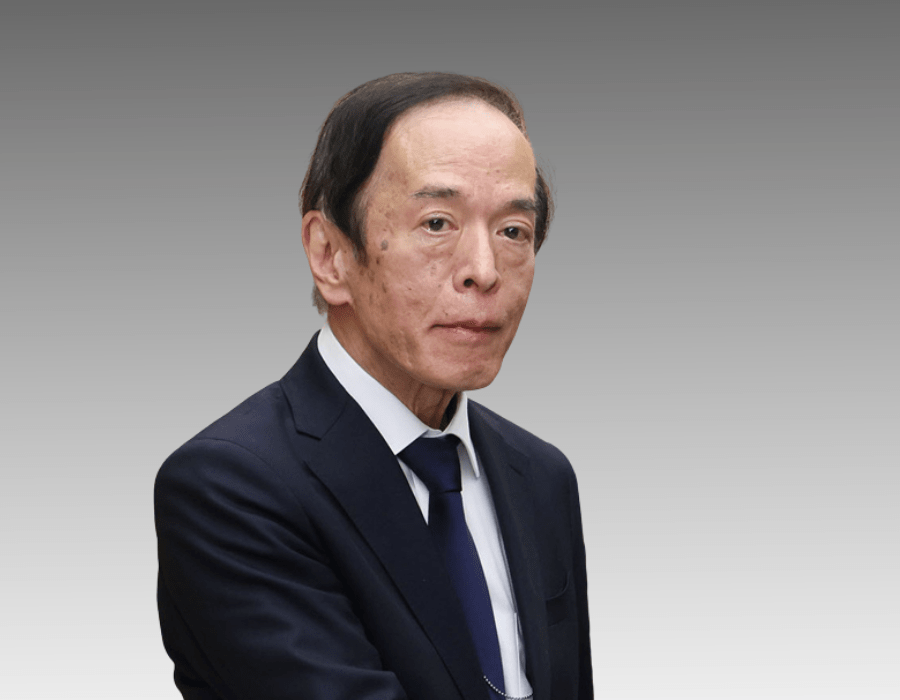What is the BOJ?
The Bank of Japan (BoJ) is the central bank of Japan. Established under the Bank of Japan Act in 1882, it is a juridical entity and neither a government agency nor a private corporation. The BoJ sets monetary policy in the country. Its mandate is to issue banknotes and carry out currency and monetary control to ensure price stability, which means an inflation target of around 2%.
Policy Board: The Policy Board is the bank's highest decision-making body. It determines the guidelines for currency and monetary control, sets the basic principles for carrying out the bank's operations and oversees the performance of the bank's officers, excluding auditors and counselors.
History: The Bank of Japan was established under the Bank of Japan Act, promulgated in June 1882, and began operating as the nation's central bank on October 10, 1882. It was reorganized in 1942 under the Bank of Japan Act of 1942, which reflected the wartime context. The Act of 1942 was amended several times after World War II, and the establishment of the Policy Board as the bank's highest decision-making body occurred in June 1949. In June 1997, the Act of 1942 was revised completely under the principles of independence and transparency. The revised Act came into effect on April 1, 1998.
